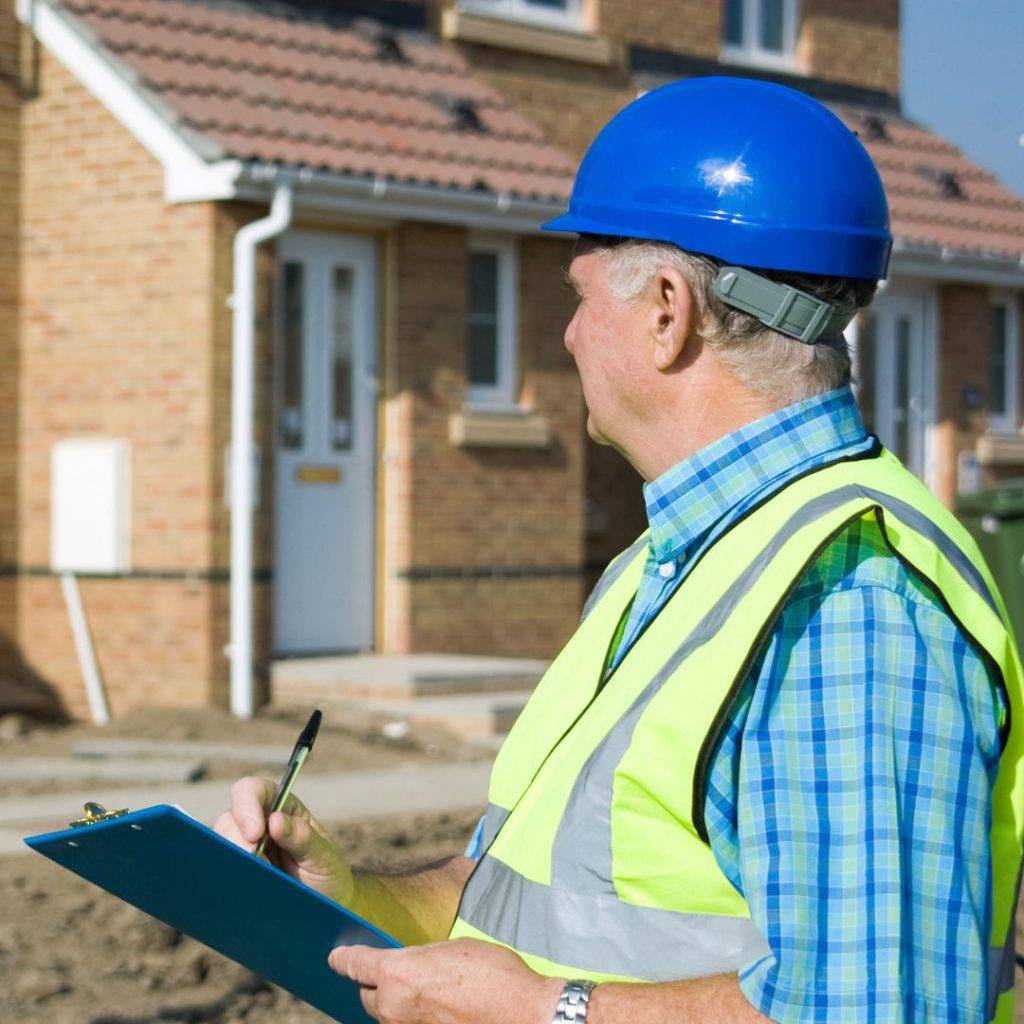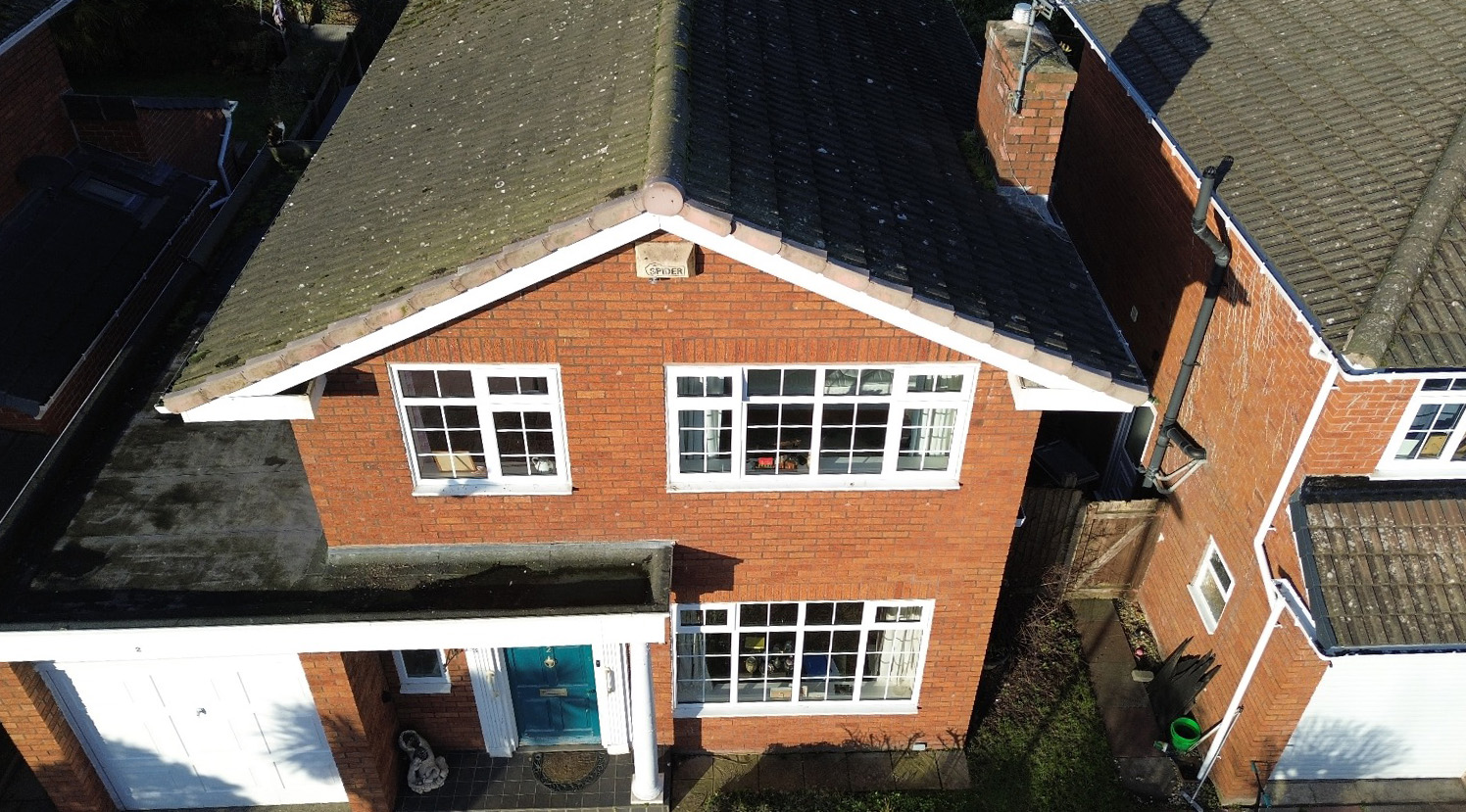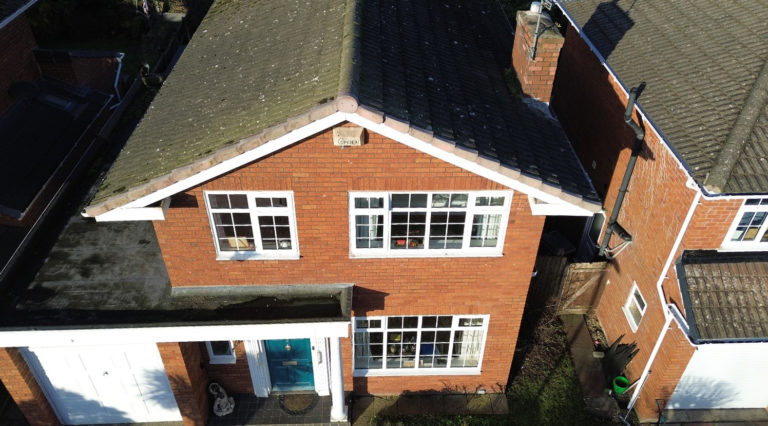Commercial property valuations are a cornerstone in the real estate industry, instrumental in thousands of daily transactions and financial decisions. These valuations offer an informed estimate of a commercial property’s worth, considering many factors. Key among these is the property’s location – which can significantly influence its value due to factors such as proximity to amenities, transport links, and economic centres – and its size, which directly correlates with its potential for use or development.
In addition to these physical characteristics, the condition of the property also weighs heavily on its valuation. A property in excellent condition, requiring little to no maintenance or refurbishment, is typically valued higher than one in need of significant repairs. Furthermore, current market trends greatly affect property valuations. Market trends generally reflect the broader economic climate, including supply and demand dynamics, interest rates, and investor sentiment, which can cause property values to fluctuate. Accurate property valuations underpin crucial decisions related to purchasing, selling, and investing in commercial properties.
Who are Chartered Surveyors?
Chartered Surveyors are professionals who play a pivotal role in commercial property valuations. All Chartered Surveyors are regulated by the Royal Institution of Chartered Surveyors (RICS). Individuals wishing to become chartered surveyors must complete a recognised degree or professional qualification and undergo structured training.
ASL Chartered Surveyors and Valuers are commercial property surveyors, Liverpool RICS qualified and adherent to the strict code of conduct that entails. We demand the highest standards from ourselves when carrying out property valuations, providing expert advice and guidance to clients across various commercial property sectors.


The Role of Chartered Surveyors in Commercial Property Valuations
The primary role of a Chartered Surveyor in commercial property valuations is to provide an unbiased and accurate estimation.
Roles and Responsibilities of Commercial Property Valuers
Commercial Property Valuers, or Commercial Chartered Surveyors, have many responsibilities. Their primary duty is to apply their local property market knowledge to value a commercial property. This involves measuring the sites and premises, understanding the importance of the property’s location, and assessing its overall condition.
In addition to providing property valuations, Commercial Chartered Surveyors also undertake roles related to the sale and lease of commercial properties. In their role, they examine buildings for structural issues, conduct negotiations on behalf of clients, and provide advice on property investment.
Types of Commercial Property Valuations
Market Valuation
Market valuation, also known as the sales comparison approach, is one of the most common methods Commercial Surveyors use. This method involves comparing the property to similar properties sold recently in the same area. Factors such as the property’s location, the demand for similar properties, and broader economic conditions are considered during this valuation.


Investment Valuation
Investment valuation is a technique used to determine the worth of a commercial property based on its potential to generate income. Two common methods used in this approach are the income capitalisation method and the discounted cash flow method.
The income capitalisation method converts anticipated income from the property into a single present value. The common alternative, the discounted cash flow method, estimates the future cash flows from the property and then discounts them to the present value.
These valuations are crucial for investors and stakeholders as they estimate the potential return on investment from the property.
Rental Valuation
Rental valuation is another important type of commercial property valuation. The property’s rental value is assessed by comparing it with other similar properties in the local market. Factors such as the condition of the property, its location, and the projected rental income are considered in this process.
Rental valuations are significant for both landlords and tenants. For landlords, they help determine the amount of rent to charge, while for tenants, they provide an idea of the fair market rent for the property.

The Process of Commercial Property Valuation

Property Inspection and Data Collection
The commercial property valuation process begins with a thorough property inspection. Commercial surveyors assess the physical condition of the property, including its size, layout, and structural integrity. They also take note of any unique attributes or features that could affect the property’s value, such as a prime location or recent renovations.
Accurate data collection is crucial to the valuation process. Surveyors gather information about the property’s age, local laws, and potential for income generation. They also collect data on comparable properties, market trends, and economic factors that could influence the property’s value.
Data Analysis and Valuation Methods
Once the necessary data has been collected, it’s time for analysis. This involves comparing the property with similar properties that have recently sold or are currently on the market. Surveyors also analyse the property’s income potential, taking into account factors like rental rates and occupancy levels.
Different valuation methods may be used depending on the property and the purpose of the valuation. The sales comparison approach is often used for properties with plenty of comparable sales data. The income capitalisation approach might be used for investment properties, while the cost approach could be applicable for properties that are not frequently sold, such as churches or schools.


Report Generation and Presentation
After the data analysis stage, the surveyor prepares a complete report that specifies the property’s value and the technique applied to derive that value. This report usually encompasses an executive summary, an extensive depiction of the property, a comparison of like properties, and a final determination of value.
Such reports are vital tools for clients and stakeholders, offering them a clear grasp of the property’s worth and supporting their decision-making actions.
Challenges and Considerations in Commercial Property Valuations
Commercial property valuations are a complex process influenced by a myriad of factors. Market volatility, legal regulations, and ethical considerations all play a part in shaping the final valuation. Understanding these challenges and considerations is crucial for both Commercial Surveyors and stakeholders.
Market Volatility and Economic Factors
One of the primary difficulties in commercial property appraisals lies in market volatility. The property market is subject to oscillations due to variances in supply and demand, interest rate shifts, and wider economic conditions. For example, an economic contraction can trigger lower property values due to diminished demand, while a prosperous economy can drive prices upward.
Commercial Surveyors must navigate this volatility carefully. They employ various strategies to mitigate its effects, such as using a range of valuation methods to account for different market scenarios. They also stay informed about market trends and economic indicators to provide the most accurate valuation possible.


Legal and Regulatory Compliance
Legal and regulatory compliance is another critical consideration in commercial property valuations. Commercial Surveyors are obligated to follow a range of principles and instructions, like those outlined by the Royal Institution of Chartered Surveyors (RICS). These protocols guarantee that valuations are executed with professionalism and moral integrity.
Non-compliance with these regulations can have serious consequences, including legal penalties and damage to the surveyor’s professional reputation. It’s, therefore, essential for Commercial Surveyors to stay updated with regulations and undergo regular training to ensure their knowledge and practices remain compliant.
Ethical Considerations
Ethical considerations are an integral part of commercial property valuations. Commercial Surveyors may face ethical dilemmas, such as conflicts of interest or pressure to inflate or deflate property values.
Maintaining ethical conduct and professional integrity is paramount in these situations. Surveyors must avoid any actions that could compromise their objectivity or the accuracy of their valuations. They are obliged to disclose any potential conflicts of interest and must not accept assignments that they cannot perform objectively and competently.
The role of the Chartered Surveyor is not just about assessing the physical attributes of a property or crunching numbers. It’s about understanding the dynamics of the property market, adhering to professional standards, and upholding ethical conduct at all times. By doing so, they play a vital role in supporting informed decision-making and promoting trust in the real estate sector.

Our Liverpool Chartered Surveyance Service
ASL Chartered Surveyors and Valuers are Liverpool’s leading independent commercial property consultancy. Our experienced team of Liverpool RICS Chartered Surveyors offers a comprehensive range of services, including commercial property valuations.
We know the hurdles and elements involved in commercial property valuations and have the expertise to offer reliable and exact reports that underpin your decision-making process. Whether you’re a developer, an investor, or a lender, our valuation services can guide you towards accomplishing your targets.
We leverage a spectrum of innovative technology, like drones (weather-dependent) and 3D laser scanning, to compile data and craft detailed reports that meet the strictest quality and compliance norms.
From Pre-acquisition condition surveys to dilapidation surveys for finishing leases, our Liverpool commercial property valuation services cover all aspects of the process. At ASL Chartered Surveyors and Valuers, we are committed to providing exceptional service and delivering value for our clients.
Why You Should Use our Liverpool RICS Qualified Surveyors Service.
The critical role played by Chartered Surveyors and Commercial Property Valuers in commercial property estimations cannot be exaggerated. They expertly handle the nuances of market unpredictability, conform to stringent legal and regulatory obligations, and sustain lofty ethical principles throughout the endeavour. Their specialised skills and steadfast commitment to their profession make certain that commercial property valuations are exact, reliable, and just.
These evaluations are pivotal in real estate dealings, delivering key information that helps buyers, sellers, investors, and other stakeholders make enlightened decisions. An exact valuation can separate a lucrative investment from a pricey blunder.
Due to the complexity and paramount importance of commercial property valuations, it’s vital to rely on certified professionals. Chartered Surveyors and Commercial Property Valuers, both in Liverpool and beyond, have the requisite knowledge, practical experience, and ethical obligation to ensure top-tier valuation services.
Whether you’re looking to buy, sell, or invest in commercial property, remember the significant role played by chartered surveyors. For commercial property surveyors, Liverpool RICS Chartered Surveyors and Valuers are the team you need on your side. Our expertise is invaluable in navigating the complex landscape of commercial property valuations and ensuring you make the best possible real estate decisions.






